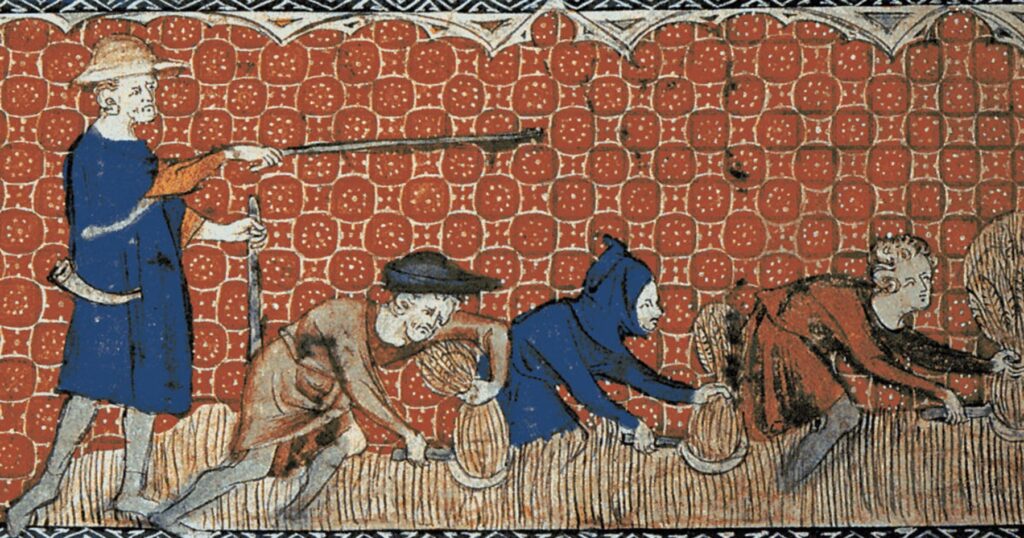The Importance of Balancing Elites and Masses in Two Legislative Bodies

Sustainable societies need to both be intelligently led and serve the needs of all people, “the masses,” without creating second-class citizens. Only a small percentage of the population makes up the political class. But, without proper checks and balances, this political class will inevitably use its power to become lords and masters and treat the masses as second-class citizens, exploiting them as slaves, serfs, and expendables. This includes racial and ethnic cleansing.
Traditionally this was true of kings, princes, and feudal lords. Today, in more complex institutional and bureaucratic societies, this elitism is characterized by political parties, administrative officials, and those with enough wealth to buy political influence. This problem should be constitutionally fixed with the upper house of government representing elite expertise and a lower house representing the rights and will of the population. With each house having the power to veto one another. This allows only legislation that is deemed functional by the elites and deemed just and unoppressive to the populace.
Despite the efforts of the US founders to create a system of governance in which the wider population directed elites through their representatives, today’s legislation is crafted in omnibus bills by government officials, party elites, and special interest organizations. The majority of the population has been paying the bills these elites pass and slipping from independent middle-class citizens to lower-class voters who are becoming serfs in an industrial society. This is analogous to the agrarian serfs of the feudal societies that followed the collapse of the Roman Empire.
Continue reading →